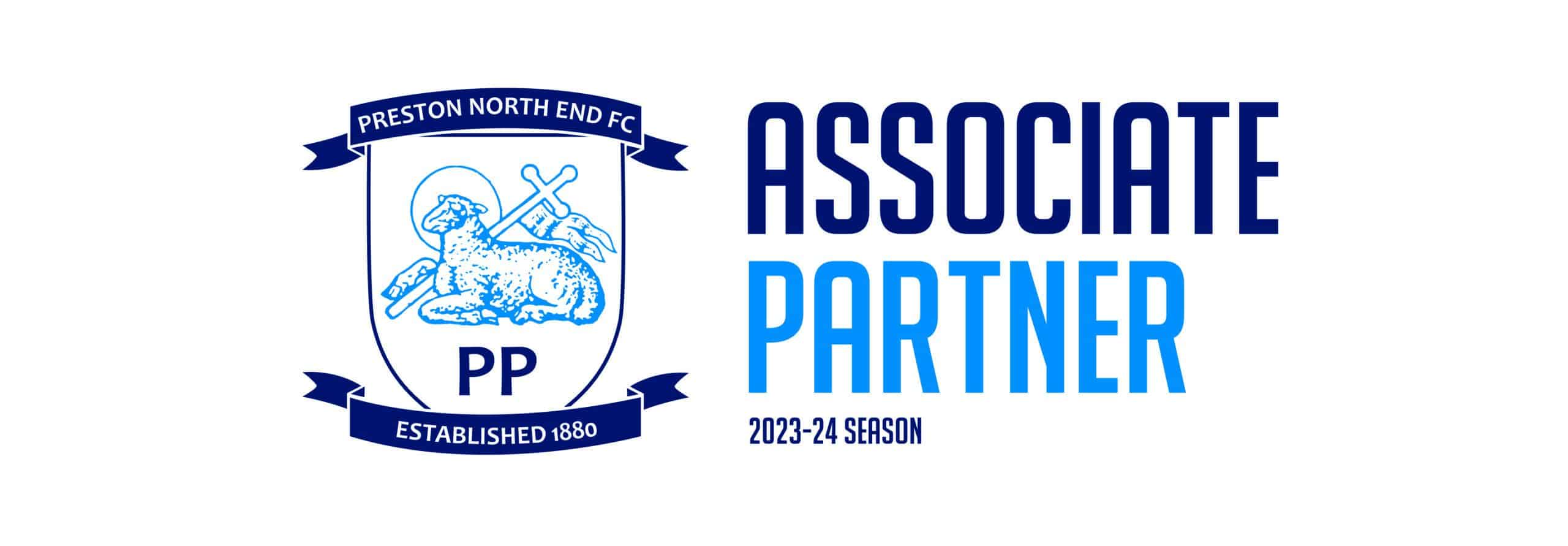First Home Scheme
- Expert Mortgage Advice
- Thousand of Mortgage Product
- Speak To Us To See If We Can Help
Get in touch today for a free, no-obligation chat about how we might be able to help you.
First Home Scheme
The First Homes scheme is designed to help First Time Buyers get on the property ladder in their local area. It offers a good discount on a newly built home.
What is the First Home and how does it all work?
The government’s First Homes scheme offers eligible First Time Buyers a discount on a new build home in their local area. Discounts are at least 30% off market value.
The scheme allows you to buy a property with a lower deposit, which makes it more affordable. At the moment, the First Homes scheme is only available in England.
What is the aim of the scheme?
Many people find it challenging to buy a property in their local area, as prices have risen so much in the past few years. In London and the South East of England particularly, it can be very difficult to get on the property ladder.
This scheme aims to support people to find a home in the area where they live. It means they can buy locally, rather than leaving the area or being stuck in a rental property.
Who is eligible for the First Home Scheme?
This is a popular scheme and so there are a number of criteria that you must meet to take advantage of it:
- You must be a First Time Buyer
- Your household income must not exceed £80,000 or £90,000 in London (some local authorities may set a lower limit).
- The property value cannot exceed £250,000 across England, after the discount is applied. In London the limit is £420,000.
- The First Home should be the buyer’s only home.
- The buyer will need to use a mortgage or home purchase plan for at least 50% of the purchase price
- You may need to prove your connection to the local area or that you have key worker status. The relevant local authority will set guidelines around this.
Are there any specific requirements for the First Home Scheme?
Aside from the eligibility criteria above, a key requirement under the scheme is that you provide the same discount when selling the home.
You can sell your First Homes property at any time, but you will need to sell it to another First Time Buyer using the same scheme.
Your property will be independently valued, and the discount you received will be taken off the new valuation to establish the price for the next buyer. The price caps don’t apply when reselling.
What are the pros and cons of the First Home Scheme?
Some of the benefits of the First Homes Scheme include:
- Gaining a significant discount on a property – of at least 30%
- You could get on the property ladder with a smaller deposit
- You may be able to buy a home where you already live or work
- Stamp duty is based on the discounted price, not the market value. First Time Buyers are exempt from stamp duty on properties under £425,000 – so stamp duty won’t apply.
The disadvantages of the scheme are important to bear in mind:
- There are limited numbers of properties on the scheme – in the first year just 1,500 properties went on sale
- You can only buy new build properties, which don’t appeal to everyone
- You must try to sell to someone else using the First Homes scheme
- The discount could limit how quickly you can progress up the property ladder
- Brand new homes have a higher price tag than a property that’s been occupied – so the discount may have limited value.
How do I apply?
Find a developer that’s part of the First Home Scheme and contact them. If they have a suitable property available, they’ll help you to complete the application to send to the local council.
You’ll have to pay a fee set by the developer, which you get back if your application is unsuccessful. If you’re approved for the scheme, your next step is to find a mortgage.
What other options are there?
First Homes is just one scheme to help you get onto the property ladder. There are other routes to look at too. You could also consider Shared Ownership, Deposit Unlock, a Joint Borrower Sole Proprietor Mortgage and Right to Buy.
The easiest option is to talk to us. As mortgage brokers, we’ll explain the different schemes so you understand your options. Everyone’s situation is slightly different, so we’ll have a chat with you about your plans. Then we’ll compare schemes and mortgages and work with you to achieve your goals.
Approved by The Openwork Partnership on 10/01/2024
Your home may be repossessed if you do not keep up with your mortgage repayments.
Useful Links
- Limited Company Director Mortgages
- Self-Employed Mortgages with One Years Accounts
- Buy To Let Self Employed Mortgages
- Documents needed for Self-Employed Mortgage
- Joint Mortgage Applications when One is Self Employed
- What Income do Mortgage Companies Look at Self-Employed
- Are Self-Cert Mortgages Still Available?
- CIS Mortgages
